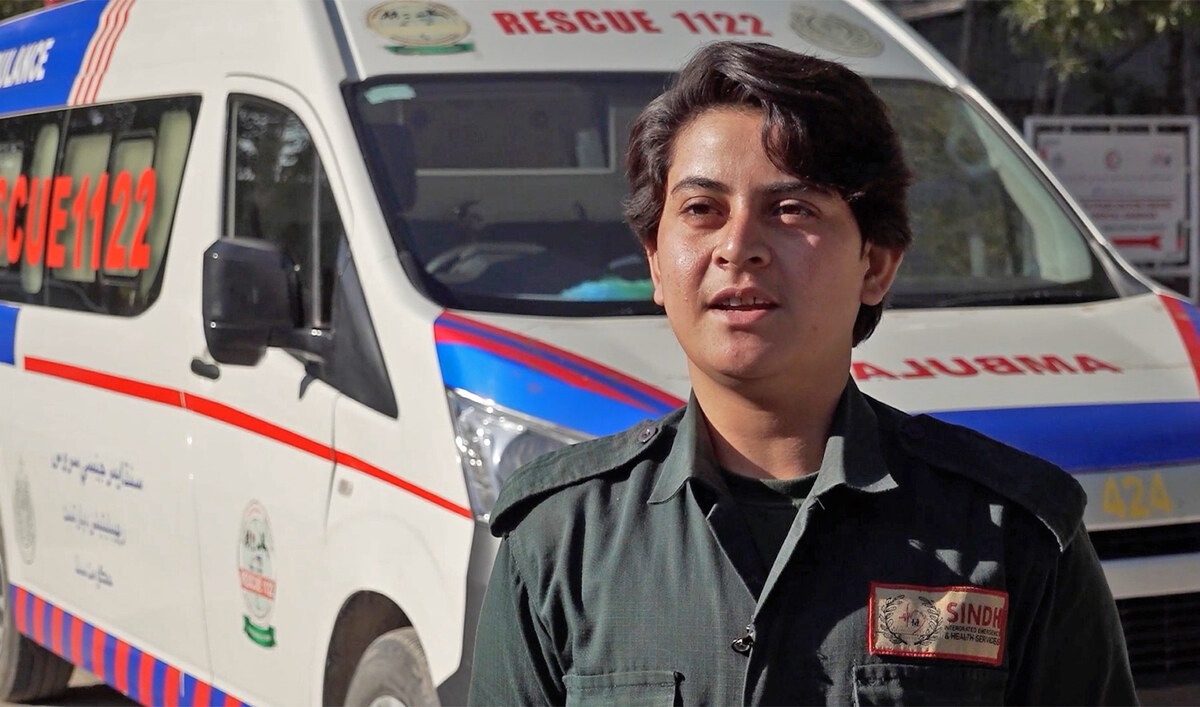ISLAMABAD: Two Pakistani start-ups have been selected among 23 companies from the Asia-Pacific (APAC) region to participate in Google’s first-ever Artificial Intelligence (AI) Academy in the region, the search engine giant said on Thursday, with the move intended to enhance the companies’ AI solutions and accelerate business development.
The AI program kicked off earlier this week in a three-day boot camp in Singapore with Pakistan start-ups AdalFi and Adlytic AI among other companies from India, Korea, Japan, Indonesia, Singapore and Malaysia taking part.
These start-ups will receive over 170 hours of mentorship from AI and Cloud experts, up to $350,000 in Google Cloud credits apart from opportunities to connect with AI innovators across the APAC region, Google said.
“Two innovative startups from Pakistan are among the 23 chosen from across the Asia-Pacific (APAC) to participate in Google’s first-ever AI Academy in the region,” Google said in a press release.
Google launched the AI Academy in August to aid the growth of artificial intelligence startups in Pakistan and the Asia-Pacific. The move was aimed at sparking new cross-border innovations and partnerships that would allow the exchange of ideas, expertise, and resources to accelerate the development of AI solutions, helping the APAC region become a “global hub” for AI development.
The statement said these startups were pushing the boundaries of AI innovation in Pakistan and contributing to the region’s vibrant AI ecosystem.
“Pakistani startup AdalFi is increasing access to financial services with its AI-powered credit scoring system, promoting financial inclusivity for millions of individuals and small businesses,” it added. “Adlytic AI is enhancing retail analytics by transforming CCTV cameras into intelligent tools for businesses, helping retailers better use visual and geospatial data to grow their business.”
Head of Google for startups, Micheal Kim, expressed excitement at Google kicking off its first-ever AI Academy in the Asia Pacific region.
“AI has the potential to be an incredible force multiplier, and it’s incredible to see these 23 startups harnessing AI’s potential to impact some tough challenges, ranging from addressing underserved sectors, like expanding access to financial services and health care, to building AI collaborators for lawyers, democratizing influencer marketing with AI-generated avatars,” he said.
“Through this program, we hope to foster a wave of innovation that will have a ripple effect across the entire Asia-Pacific region.”
All the participating start-ups will be showcasing their “refined AI solutions” to investors, entrepreneurs and AI industry leaders in December later this year on the Ai Academy’s Graduation Day, the press release said.
Two Pakistani startups among 23 selected from Asia-Pacific for Google’s AI Academy
https://arab.news/y63u2
Two Pakistani startups among 23 selected from Asia-Pacific for Google’s AI Academy

- Pakistani startups AdalFi and Adlytic AI are among companies from India, Korea, Japan, Singapore and Malaysia selected for academy
- Google launched AI Academy in August this year to aid the growth of artificial intelligence startups in Pakistan and Asia-Pacific



















